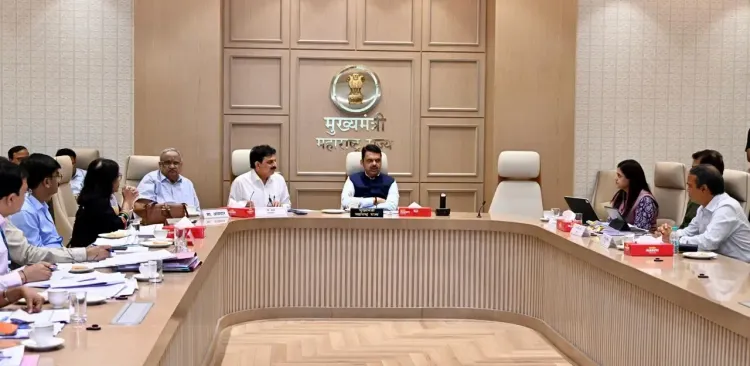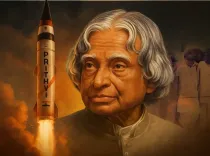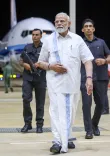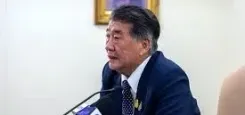What Steps is CM Fadnavis Taking to Promote Solar Power in the Textiles Sector?

Synopsis
Key Takeaways
- Formation of a committee to explore solar power in textiles.
- Standardized financial aid for cooperative spinning mills.
- Report on reopening closed textile mills to be submitted.
- Revision of the Integrated and Sustainable Textile Policy 2023-28.
- Expedited registration process for power looms.
Mumbai, July 26 (NationPress) Maharashtra's Chief Minister Devendra Fadnavis has announced the formation of a committee that will include representatives from the textiles and energy sectors. This initiative aims to investigate the potential of solar power as a solution to the ongoing power supply challenges faced within the textiles industry.
Additionally, he emphasized the need for a standardized framework to provide financial support to new cooperative spinning mills through the Social Justice, Tribal Development, and Other Backward Classes Welfare Departments. Each department is expected to allocate extra resources for the spinning mills under its purview.
During a review meeting focused on the textiles sector, which included officials such as Textiles Minister Sanjay Savkare and Legislative Council member Amrish Patel, CM Fadnavis highlighted the importance of modernizing cooperative spinning mills while extending the interest subsidy scheme on loans.
He called for a detailed report on the potential reopening of closed mills affiliated with the National Textile Corporation within the state. This report will serve as a basis for a proposal to the Central Government aimed at reopening these facilities.
CM Fadnavis also stressed the necessity of revising the Integrated and Sustainable Textile Policy 2023-28. Furthermore, he urged the creation of a framework for the recovery of government dues from cooperative spinning mills and power loom institutions, and to expedite the registration process for all power looms across the state.
The Chief Minister instructed that the Maharashtra State Khadi Village Industries Board should promptly finalize the no-objection certificate required for repairing the Silk Directorate's building in Pune and for developing additional facilities.
In addition, he reviewed several other significant initiatives, including the formation of a new Maharashtra State Textiles Development Corporation, the merger of the Textiles Commissionerate and Silk Directorate into a single Textiles and Silk Commissionerate, plans to allow the sale of excess land from cooperative spinning mills, and the preparation of new schemes for rehabilitation loans and leasing of spinning mills. He also highlighted the need to revise the project report value of cooperative spinning mills from Rs 80.90 crore to Rs 118 crore and to permanently acquire leased land from the Red Cross Society for the District Silk Office in Wai, Satara district.







